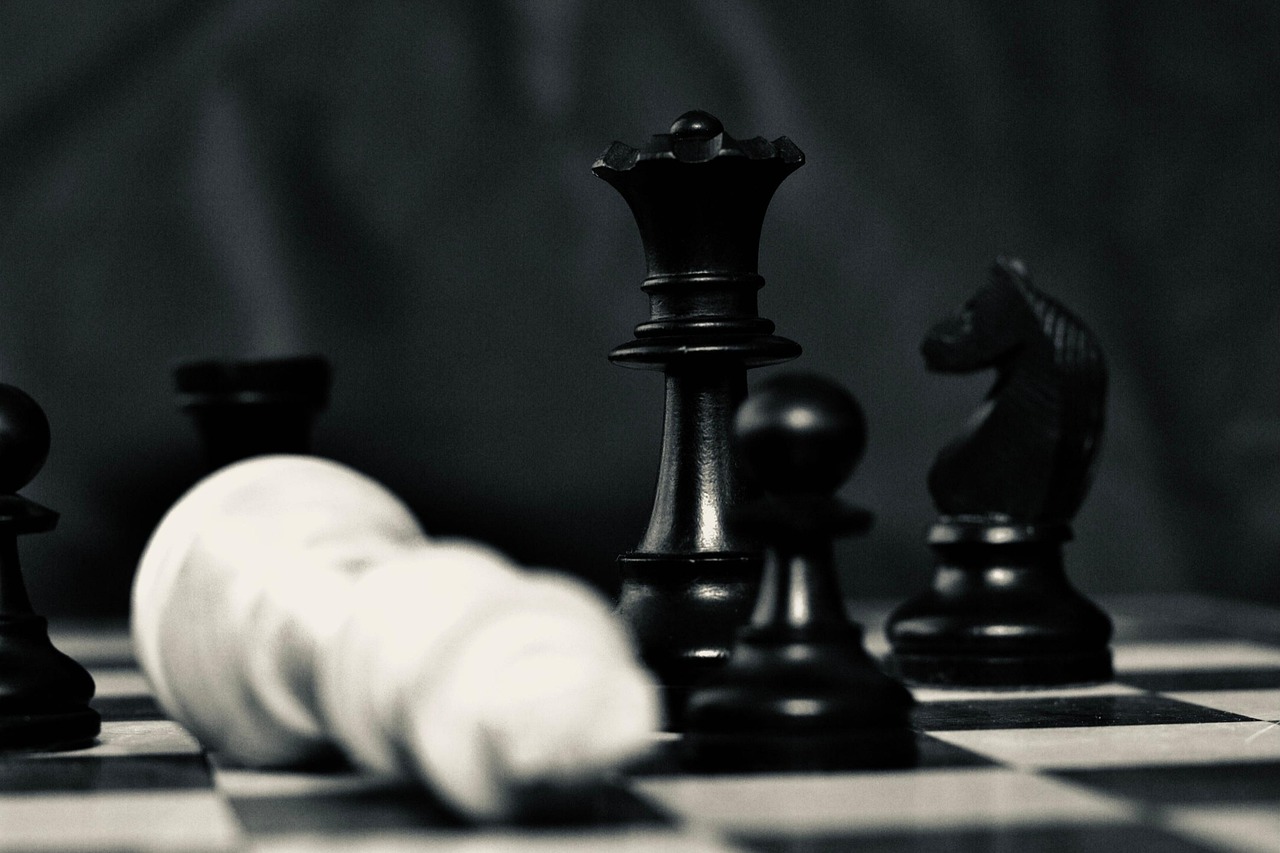I didn’t mean to break the tournament. But maybe I did. By existing. Or blinking too close to the wrong part of the laptop screen. Or standing near Emilio when he muttered “Why’s it frozen?” and then summoned me like a ghost from the back row. I wasn’t even scheduled to play yet—Round 3 was still baking in the mysterious gut of Swiss Perfect. But boom—white screen, run-time error, tournament gone.
He looked at me like I could fix it. Like me. The kid who once paired himself against an empty slot and still lost.
I didn’t say yes. I just sat down. Because if you make eye contact with a dying spreadsheet, you either help or you watch it choke. And I’ve watched enough things choke.
The inputs were wrong. Some poor soul had entered two results for the same match—one win, one loss, same board. Schrödinger’s bishop. A couple of players marked as “withdrawn” were somehow winning games. The software was trying to solve a paradox. No wonder it glitched.
Then—this is true—I remembered a line from an article I read at 2:17 a.m. one night while googling chess cheaters and weird lawsuits. It was about truck accident lawyers in California, of all things. The firm was called los justicieros and their whole shtick was arguing fault using broken systems—dashcams, algorithms, tire wear data. But the line I saved in my notes was: “Programs don’t fail randomly. They fail when the assumptions behind them are lies.”
It slapped.
So I stopped treating the laptop like a victim and started treating it like a pissed-off friend who’d been lied to. I scrubbed the fake wins, reactivated the undead players, kicked out the phantom draws. I hit generate. It coughed. Then—miracle—pairings.
Then Emilio handed me his clipboard. Just nodded like, “You’re doing this now.”
Me. The guy who almost cried during a blitz match because his opponent ate a boiled egg mid-game.
So yeah. Suddenly I’m the tournament director.
What followed was… chaos.
Kid comes up, says, “My opponent won’t stop humming.” Another says he castled illegally but won’t admit it. One child, no joke, hands me a scoresheet that says: “Result: emotionally unclear.”
I didn’t know the answers. So I made some up.
Used a napkin to calculate Buchholz because the printer died and I couldn’t feel my fingers anymore. Judged a claim about an illegal queen promotion based on vibes. Moved boards around because someone said their usual spot was “cursed.”
Then round ends. Emilio reappears, smiling like he just took a nap in a hammock inside a monastery. “You’re coming to Alzira, sí?”
I nodded. I was too tired to say no.
But also… yeah. Maybe I’m built for this. Not the clean part—the mess. The panicked whispers, the broken pairings, the chewing gum stuck to the pairing list.
I don’t play chess for the purity. I play for the fight.
And now, when Swiss Perfect glitches, I don’t flinch. I hear the voice of the Justicieros in my head, talking about fault, truth, and machine logic twisted by human hands. I dig into the data like a forensic psychologist with a grudge.
Because it’s never the software.
It’s always the lie behind it.


